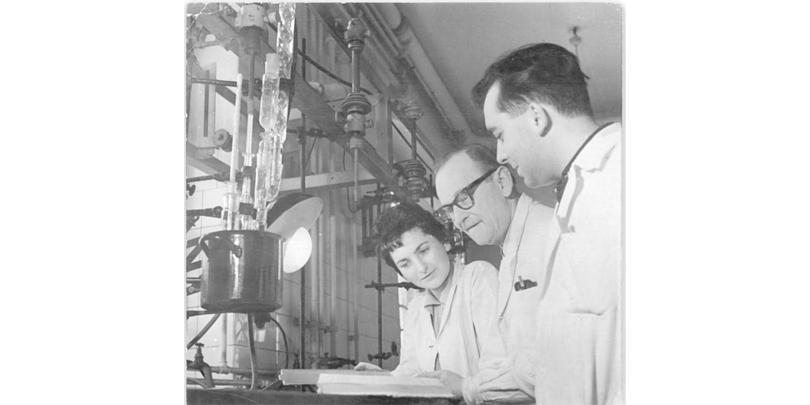Chemical engineering is a multidisciplinary field that encompasses various processes involved in the production and transformation of chemicals and materials. From designing chemical reactors to optimizing production processes, chemical engineers play a crucial role in ensuring the efficiency, safety, and sustainability of industrial operations. One fundamental concept that lies at the core of chemical engineering is mass balance. In this blog, we will delve into the concept of mass balance and explore why it holds immense importance for chemical engineers.
What is Mass Balance?
In simple terms, mass balance refers to the accounting of mass entering and leaving a system. It is based on the fundamental principle of conservation of mass, which states that mass cannot be created nor destroyed; it can only be transformed from one form to another. Mass balance calculations enable chemical engineers to understand and quantify the flow of materials within a system, ensuring that the inputs and outputs are properly accounted for.
Importance of Mass Balance for Chemical Engineers
Process Design and Optimization:
Mass balance serves as a cornerstone for designing chemical processes. By analyzing and quantifying the mass flows at each stage of a process, engineers can identify inefficiencies, potential bottlenecks, and areas for improvement. It allows for the optimization of reaction conditions, selection of appropriate equipment, and determination of the required feed rates and operating parameters to achieve the desired product specifications.
Material and Energy Conservation:
Efficient use of resources is a critical aspect of chemical engineering. Mass balance helps in identifying and minimizing material losses during production processes. By accurately accounting for input and output streams, engineers can pinpoint any leaks, losses, or unaccounted materials, thus reducing waste and enhancing resource utilization. Additionally, mass balance calculations also provide insights into energy consumption, aiding in the optimization of energy-intensive processes.
Process Safety:
Chemical processes involve various hazardous materials and reactions. Understanding the mass balance is crucial for ensuring process safety. By accurately tracking the mass of reactants and products, engineers can identify potential hazards, such as accumulation of unreacted materials or formation of undesirable by-products. This knowledge enables them to implement appropriate safety measures and prevent incidents such as runaway reactions or environmental contamination.
Environmental Impact:
In an era of increasing environmental concerns, chemical engineers have a responsibility to minimize the ecological footprint of industrial processes. Mass balance calculations help assess the environmental impact of chemical operations by tracking the flow of materials and emissions. By identifying sources of pollutants or waste generation, engineers can develop strategies to reduce or eliminate harmful by-products, implement recycling initiatives, and design more sustainable processes.
Conclusion:
Mass balance is a fundamental concept that underpins the work of chemical engineers. By accounting for the mass flows within a system, engineers can design, optimize, and control chemical processes more effectively. Mass balance calculations facilitate efficient resource utilization, enhance process safety, and contribute to the development of sustainable practices. In an ever-evolving world with increasing demands for efficiency and sustainability, mastering the principles of mass balance is essential for chemical engineers to drive innovation and contribute to a cleaner and safer future.

